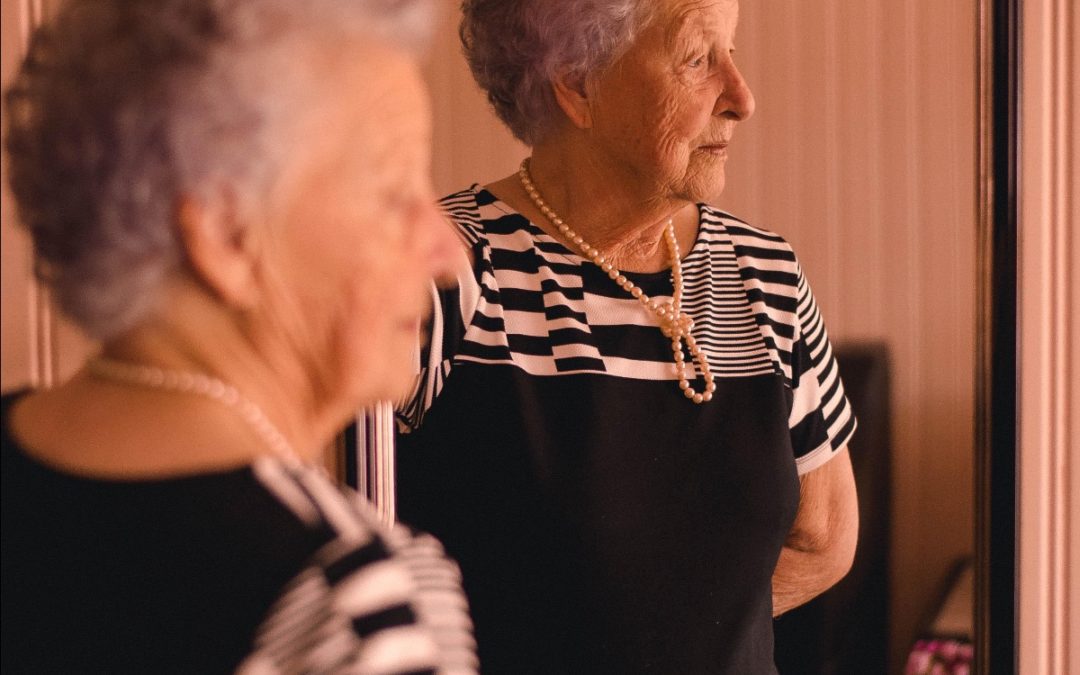Yes, it can be disorienting and confusing caring with a loved one who has dementia, whether it is Alzheimer’s or another form of dementia. The first thing that changes for caregivers, whether they are the spouse, daughter, son, or friend, is the relationship dynamic.
For married couples, after decades of operating as husband and wife, making the dizzying shift to caregiver is difficult at best. It is painful, frustrating, and elicits the gamut of emotions from anger, fear, anxiety and deep sadness.
Losing the ability to chat, share ideas and chores is just the tip of the iceberg of losses and changes. The caregiving spouse is the chief decision maker from financial to healthcare. Gone are the carefree walks in the park, traded in for worries about a partner wandering, falling or having meltdowns. Personality and behavior changes are the most difficult issues to manage for caregivers.
Here are some guidelines and tips for caregiving family members:
- Instead of arguing, re-direct the conversation or activity. Example: “Jane” does not want to take a shower. Instead of arguing, or threatening, “Bob” can say gently, ‘let’s clean up’, or ‘let’s freshen up’. This is non- threatening and hopefully won’t trigger “Jane”. When my mom had dementia I would say each morning: “Let’s get beautiful”. She loved that!
- Set boundaries and limits. Instead of reprimanding a loved one with dementia, provide barriers to areas that are not safe or problematic for them to be in.
- Seek caregiving support groups. Most communities and hospitals offer support groups. There are also online resources.
- Reminisce about the good old days. People with dementia often have great long term memory, and love going down memory lane. Bring out old photo albums, remind them of the memories you made together, and make sure laughter is a part of the conversation.
- Use active listening skills. People with dementia often feel anxious or trapped. They can become frustrated when they can’t accomplish simple tasks. They will often try to express themselves, and it is essential to listen, honor their feelings and hold an open and non- judgmental space for them.
Not everyone can nor should become a caregiver. Caregivers must assess their own health, ability to undertake the time, energy and physical abilities of this consuming job for the safety of both the caregiver and their person with dementia.
Diane is the owner of Age at Home Service, an Aging Life Care Manager. She has a degree in Nursing (R.N.), and has worked as Director of Nursing of an Assisted Living Facility and Home Health R.N.

